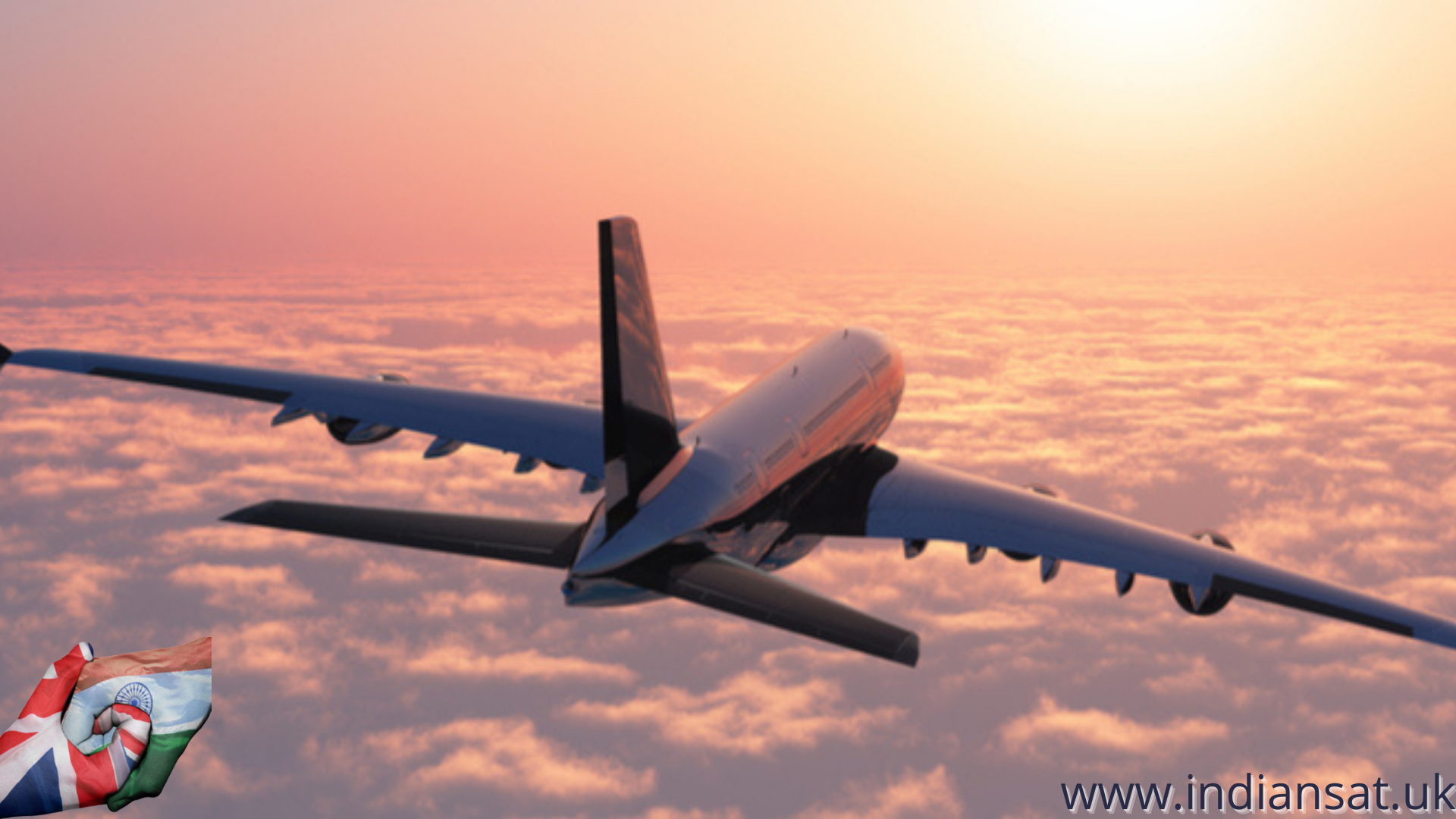India has extended its ban on international commercial flights till July 31. At the moment, commercial flights are allowed to operate to and from countries with which India has bilateral air bubble agreements.
With the Covid numbers falling in many geographies, a lot of countries have eased restrictions and opened their doors to travellers once again. However, as tourism activities begin to peak and Indians look to embark on international travel, there are a plethora of travel curbs and restrictions that need to be taken into consideration, with each country having its own sets of rules in place.
There are many countries that Indians cannot visit now due to travel restrictions and lack of operational flight services. Many others have issued their own travel guidelines and quarantine rules. However, in many cases exceptions are made for certain categories of people such as heads of state, officials and bureaucrats on diplomatic missions, those on international student visas and flights under the Vande Bharat Mission.
Are Indians allowed to visit foreign countries now?
India has extended its ban on international commercial flights till July 31. At the moment, commercial flights are allowed to operate to and from countries with which India has bilateral air bubble agreements.
India currently has a bilateral air bubble agreement with 28 countries, which include Afghanistan, Bahrain, Bangladesh, Bhutan, Canada, Ethiopia, France, Germany, Iraq, Japan, Kenya, Kuwait, the Maldives, Nepal, the Netherlands, Nigeria, Oman, Qatar, Russia, Rwanda, Seychelles, Sri Lanka, Tanzania, Ukraine, the UAE, the UK, Uzbekistan and the US.
However, some of these countries banned air travel to and from India under the second wave of the pandemic. Among them were Australia, Bangladesh, Canada, France, Germany, Hong Kong, Indonesia, Iran, Italy, Kuwait, New Zealand, Oman, Saudi Arabia, Singapore and UAE.
Some of these countries later lifted the travel ban.
Which are the countries that Indians cannot travel to at the moment?
With restrictions on international travel in the light of the surge in Covid cases due to the Delta variant, there are many countries which Indians are not allowed to travel to at the moment.
The UAE has recently extended the ban on travel from South Asian countries till August 1, meaning people from India, Bangladesh, Pakistan and Sri Lanka cannot visit the Gulf country for now. Air carrier Emirates has banned flights until August 1 and Etihad Airways has announced that it was extending the suspension of flights from India and two other countries to the UAE until July 31.
Canada has also extended the suspension of flights from India till August 21, and said it will open for people from all countries fully vaccinated with recognised jabs from September 7.
India has been placed on the “red list” of countries whose residents are barred from entering the UK at the moment. No fresh visas are being issued to Indians for travelling to the UK. Even those who have long-term visas cannot go to the UK directly from India and must travel to one of the countries which are in the “green list” and spend at least 10 days there before travelling to the UK.
Moreover, nobody who has been in India for 14 days preceding their travel can go to the United States now. However, exceptions are in place for American citizens, students and those who can get approved under the National Interest Exception category from the US Consulate.
Among the other countries that Indians cannot travel to now because of the restrictions in place are Iran, Kuwait, Indonesia, Israel, Hong Kong, Singapore, Australia, New Zealand, Bahrain, Bangladesh, Italy, Oman and Djibouti.
Which countries don’t require Indians to undergo quarantine on arrival?
Most countries that are open to Indian travellers have made it mandatory to undergo a period of compulsory quarantine after entering their borders. The period of quarantine varies for each country.
Countries which do not mandate compulsory quarantine on arrival for Indians include Kyrgyzstan, Afghanistan, Armenia, the Maldives, Egypt, Ethiopia, Ghana, Mali, Mozambique, Namibia, Senegal, South Africa, Zambia, Albania, Bosnia and Herzegovina, Russia, Iceland, Costa Rica, Serbia, Equador, Paraguay, Venezuela, Nicaragua, Guatemala, Guyana and Honduras.
However, with the situation rapidly evolving in view of the surge in Covid cases in many places once again, many of these rules are being continuously updated.
If people want to visit any of these countries which are not part of the nations with which India has an air bubble pact, they have to route their travel through countries with which India has operational flight services now.
Most of these countries, which do not mandate quarantine on arrival, require travellers to carry a negative RT-PCR report with the test taken no more than 72 hours before departure. Moreover, they may be additional protocols in place, like the need to get tested on arrival in certain countries. Those who test positive will be placed under quarantine.
Indians who are fully vaccinated with Covishield are also allowed to visit 16 European countries now as a part of EU’s “green pass” scheme.
Which European countries allow Indians to visit as a part of EU’s ‘green pass’ scheme?
After the initial uproar over Covishield being left out of the list of vaccines approved by the European Medicines Agency, the jab manufactured by the Serum Institute of India is now accepted by 16 European countries as a part of the “green pass” scheme.
These 16 countries are France, Austria, Belgium, Bulgaria, Finland, Germany, Greece, Hungary, Iceland, Ireland, Latvia, the Netherlands, Slovenia, Spain, Sweden and Switzerland.
The “green pass” scheme is EU’s digital Covid certificate programme that has been created to restore freedom of travel for the public and remove the barriers on entry placed due to the pandemic.
The certificate is a digital proof that a person has either been vaccinated against Covid-19, or received a negative test result, or recovered from the viral infection. The document is valid across all EU countries. The “green pass” scheme has been designed to make the experience of travel hassle-free for people by doing away with restrictions, it is not absolutely compulsory.
Though those carrying the “green pass” do not have to undergo quarantine in general, there can be exceptions and each country can come up with rules and travel restrictions of its choice. Moreover, travellers may require to produce a negative RT-PCR report with the test conducted within 72 hours before boarding their flight and have to undergo a compulsory Covid test on arrival.
Those who do not possess the certificate can still travel but will be subject to the usual restrictions and quarantine rules which are in effect in each country.
Which are the other countries that allow Indian travellers but mandate quarantine measures?
Among the countries which now allow Indians to visit but have restrictions in place including compulsory quarantine on arrival are Montenegro, Bahrain, Qatar, Rwanda, Barbados, Bermuda, Mexico, Turkey and Panama.
The period of compulsory quarantine varies from country to country. Moreover, many of these countries require a negative RT-PCR report with the test conducted within 72 hours before boarding and a compulsory Covid test on arrival.
![]()






